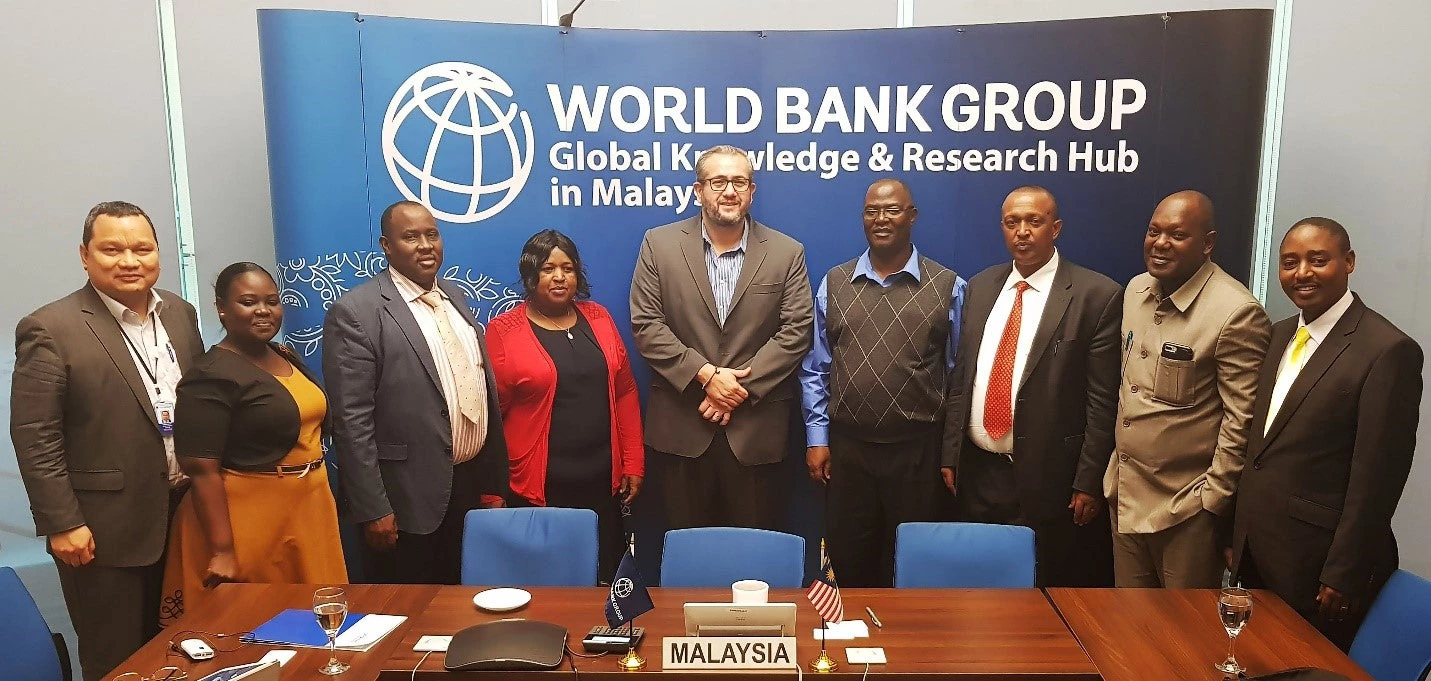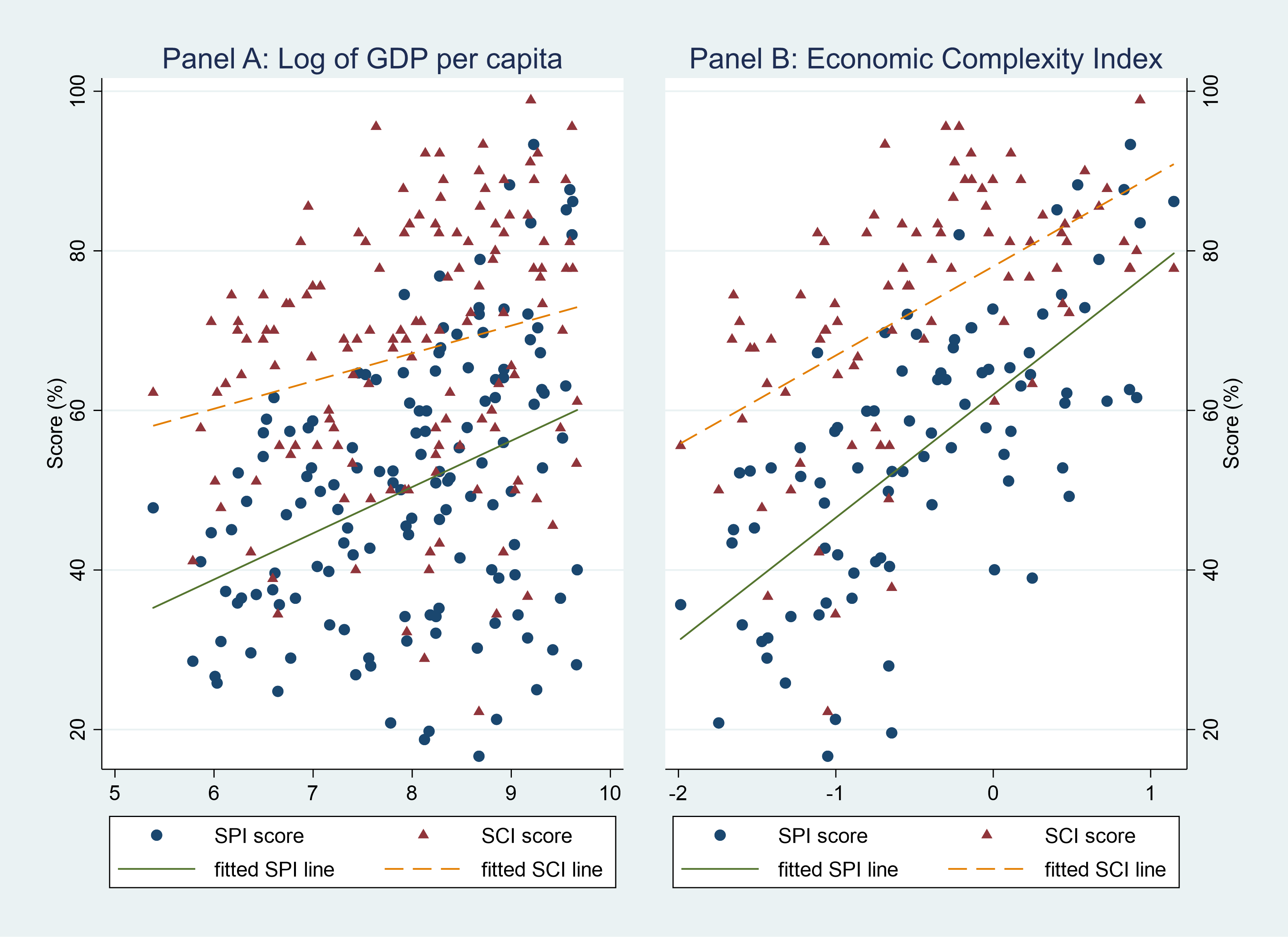
However, key constraints remain for SME development. This includes unfavorable legal and regulatory frameworks, undeveloped infrastructure, poor business development services, limited access to financing, and ineffective and poorly coordinated institutional support framework.
Among these constraints, access to finance is the most critical one. As such, the government of Tanzania is currently working with the World Bank on a new US$150 million financial intermediary lending operation designed to increase access to finance for SMEs.
These constraints largely resemble those faced by Malaysian SMEs in the past. In the past two decades, the Malaysian government pursued reforms and undertook interventions to address these issues. Now Malaysia is known to have one of the most vibrant SME sectors in the region. The SME sector in Malaysia contributed 37% to GDP, 65% of employment and 16% of exports in 2016. The sector is expected to grow at a rate of at least 6% per year.
The success story of Malaysia in addressing the constraints of access to finance for SMEs has attracted attention from other developing countries, including Tanzania where recently a delegation from the Ministry of Finance and Planning (MOFP) visited Kuala Lumpur to learn more about their experience.

- Good planning and coordination are essential. A robust SME development strategy requires adequate inter-ministerial coordination because SMEs operate within many sectors. Policymakers must realize SME development is a long-term undertaking that needs support from the highest level of government. In Malaysia’s case, the National SME Development Council (NSDC) was established in 2004, chaired by the Prime Minister. Its members included 18 ministers and the heads of key agencies with a full-time secretariat, the SME Corporation.
Good planning is equally important. The Malaysian government prepared a long-term SME development plan, the SME Master Plan 2012-2020. A good planning document should clearly state its vision and goals, and also describe systematically the interventions needed to strengthen SMEs. It should have a framework to measure results. For example, according to the Master Plan, SMEs in Malaysia were targeted to contribute 41% of GDP, 65% of employment and 23% of export with specific result indicators for the interim years by 2020.
Figure 1. Key Constraints to SME Growth (Source: SME Corp) - Address all constraints - not just financing. Figure 1 shows several constraints which hindered SME growth: market access, legal and regulatory frameworks, infrastructure, human capital, technology including access to finance. Therefore, interventions should be a combination of financing, advocacy, advisory, training and other forms of technical assistance activities. Many governments only focus their interventions on access to finance but do not address other constraints, and therefore do not achieve optimal outcomes.
- Develop the SME financing ecosystem. Access to finance itself is a complex and broad topic that goes beyond the provision of credit. Malaysia’s government recognized this fact and built a comprehensive SME financing ecosystem. The ecosystem consists of several distinct but mutually reinforcing elements: institutional arrangements, financing schemes, education and awareness, facilities to seek information and redress, as well as debt resolution programs. Having a financing ecosystem is important because the needs of SMEs will evolve as they become more sophisticated.
- Provide a wide spectrum of financing services and products. The SME sector comprises of enterprises with different characteristics. Common differentiating characters are size, sector, location, business life cycle, and ownership profile (gender, education, etc). SMEs may have different needs for financial services and products according to their characteristics. Malaysia’s comprehensive financing landscape combines government grants and soft-loan schemes with commercial loans, credit guarantees, equity-based financing and other products. Both conventional and Islamic financing services are also available. Service providers range from traditional financial institutions such as development financial institutions, commercial banks, credit guarantee institutions and investment companies, to new players in SME financing: financial technology companies.


Join the Conversation